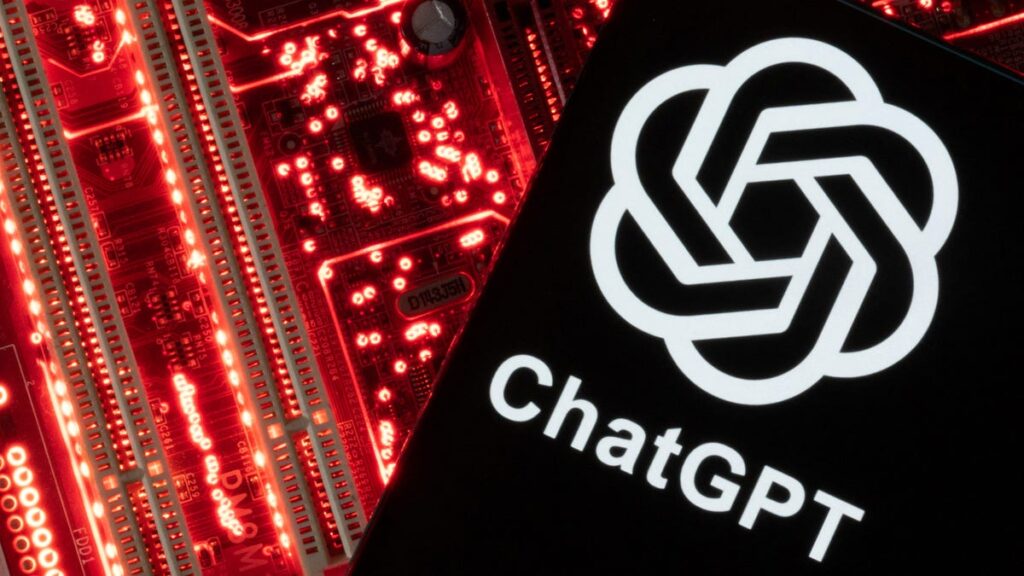On June 10, 2025, many users of ChatGPT, an AI-powered text generation model by OpenAI, faced significant service disruptions that affected their daily activities. For those relying on this tool for work, study, or even emotional support, the outage raised urgent questions about the reliability of AI technologies. In this article, we delve into the details of the outage, user experiences, and what this reveals about the broader implications of AI dependency in our lives.
What Happened During the Outage?
During the reported outage, users encountered a variety of error messages such as “Too many concurrent requests” and sometimes faced complete inaccessibility to the service. According to Downdetector, a website that monitors real-time status of various services, the number of outage reports skyrocketed from approximately 649 to over 1,095 within just a few hours, indicating a widespread issue.
“In times when ChatGPT is essential for my daily tasks, it’s frustrating to encounter such outages. It feels like losing a reliable assistant.” – User from the UK

According to OpenAI’s status page, they acknowledged the elevated error rates on their services, including ChatGPT and Sora, another AI offering from the company. OpenAI noted that they were actively investigating the issue.
The Importance of AI in Daily Life
This outage starkly highlighted how integral AI tools like ChatGPT have become in the daily lives of users. For instance, emails circulated during the downtime illustrated that many relied on ChatGPT for a variety of tasks, including writing assistance, exam preparation, and even emotional support during difficult personal circumstances.
- Students depending on ChatGPT for study aids and practice exams.
- Professionals relying on the platform for drafting emails or reports.
- Individuals seeking AI guidance for mental health support.
One college student shared, “Without access to ChatGPT, I’ve had to resort to books and traditional studying methods that aren’t as efficient for me. I feel overwhelmed as exams approach!” This sentiment echoed among many users across various demographics.
User Reactions and Shared Experiences
As people noticed the outage, social media lit up with a mix of frustration and humor. Users expressed their experiences through memes, posts, and emails. One particularly heartfelt email captured how ChatGPT acted as an AI companion, helping with tasks ranging from emotional support during sickness to academic challenges.
“ChatGPT isn’t just a tool for me; it’s a companion that helps me tackle life’s challenges. Its absence was felt deeply!” – User from Missouri
Moreover, students preparing for A-level exams in the UK expressed their dismay. Many had relied on the chatbot for practice questions and study schedules, leading to added stress during an already challenging time.
The Recovery: What Users Can Expect
As OpenAI worked diligently to rectify the issues, users were left grappling with understanding when they could expect normal functionality to resume. OpenAI’s communications indicated that some systems were experiencing “partial recovery”, but many reported slow performance.
For many, restored service was a mixed bag. Some users reported improved access after a few hours, while others remained blocked from using ChatGPT. This inconsistency contributed to a feeling of uncertainty surrounding the service.
Broader Implications of AI Dependency
The recent outage serves as a wake-up call regarding our increasing dependency on AI. It poses questions about the reliability of such technologies and urges users to reflect on their reliance on these digital companions. Some experts emphasize the need for individuals to diversify their resources, ensuring they’re not solely dependent on one AI tool.
- Explore alternative AI tools while ChatGPT is down.
- Reflect on the balance of technology in daily activities.
- Engage with offline resources when digital tools are unresponsive.
As the dust settles on this unexpected outage, it is essential for both users and developers to consider improvements that can be made to increase reliability in the future.
Final Thoughts
The ChatGPT outage was more than a mere technical glitch; it opened up conversations about the societal implications of AI dependence and the need for resilience in our tools. As users return to the platform, they carry with them experiences that serve as a reminder of the necessity for diverse skills and resources in navigating both technology and life itself.
For all affected by the outage, your feelings are valid. You are not alone in navigating this unexpected absence of your digital assistant.

